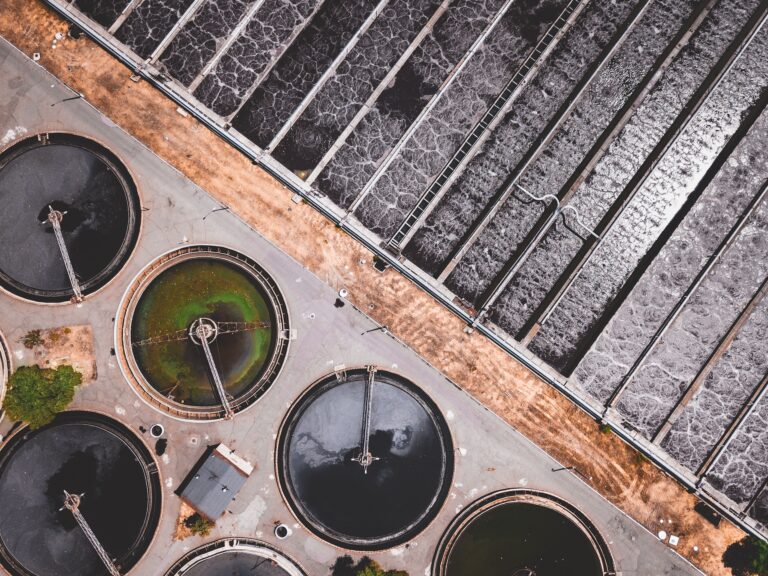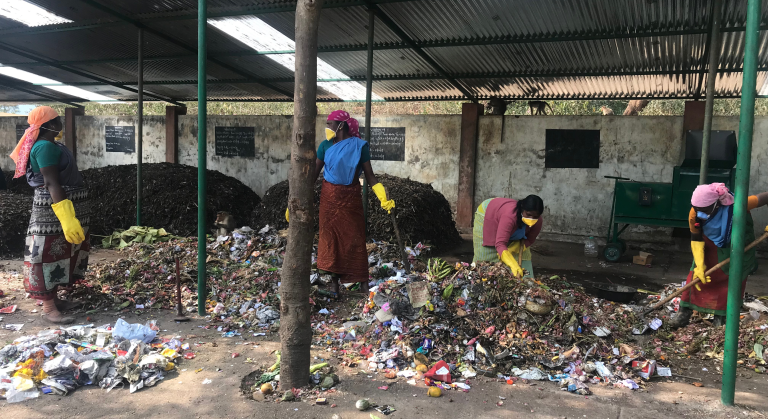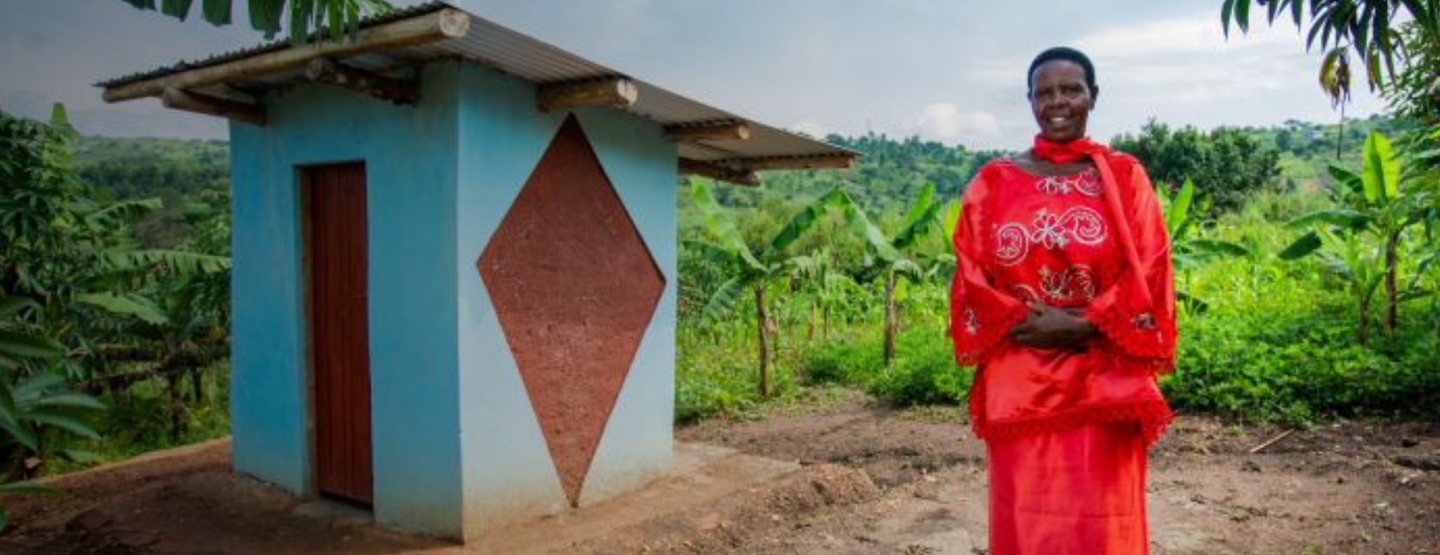

WASTE Malawi formed a consortium with WASTE and United Purpose for this project to increase access to faecal sludge and solid waste services for the peri-urban areas of Lilongwe funded by UNICEF. (November 2021 – January 2023)
This project is supporting the design and piloting of combined faecal sludge and solid waste management models for improving access to services in the peri-urban areas of Lilongwe. The project seeks to support implementation of a circular economy model, with combined solid waste and sludge resource recovery. Simultaneously, the project aims to support the formalization of private sector participation in the city’s waste management system and enhance small and women-led businesses. It will also strengthen the institutional foundations for a more structured, effective, and regulated urban sanitation service context. The project is building upon the assignment for the Lilongwe assessment done in 2021, also by WASTE Malawi in collaboration with WASTE in the Netherlands.
Our activities
The main activities for WASTE are around the development of the faecal sludge and solid waste management frameworks for the Lilongwe City Council to endorse. To do so, WASTE performed a ‘Smart Qualitative Urban Assessment Tool’ (SQUAT) analysis. This was used to assess the waste sectors in Lilongwe to set up a series of knowledge documents to support the City Council to improve their total waste management systems. WASTE is intervening in 2 pilot projects:
- Introducing plastic valorisation as an economic activity. For this purpose a plastic shredder and plastic moulding machine have been ordered by WASTE Malawi and will be used for training and demonstration purposes.
- Separation at source from market waste, two markets will separate their organic waste.
Sustainability
During this project WASTE has been able to test the SQUAT tool again. And with this outcome, WASTE will offer the municipality insights in where they can combine their faecal sludge and solid waste management sectors in order to improve the overall performance of the city. WASTE’s experiences with the Diamond Model will be deployed to support the realisation of frameworks necessary to set goals in the municipalities’ waste management policies. The pilot projects regarding separation at source will provide insight into opportunities and willingness of the community to do so. The workshops provide an opportunity to further develop our training modules.



